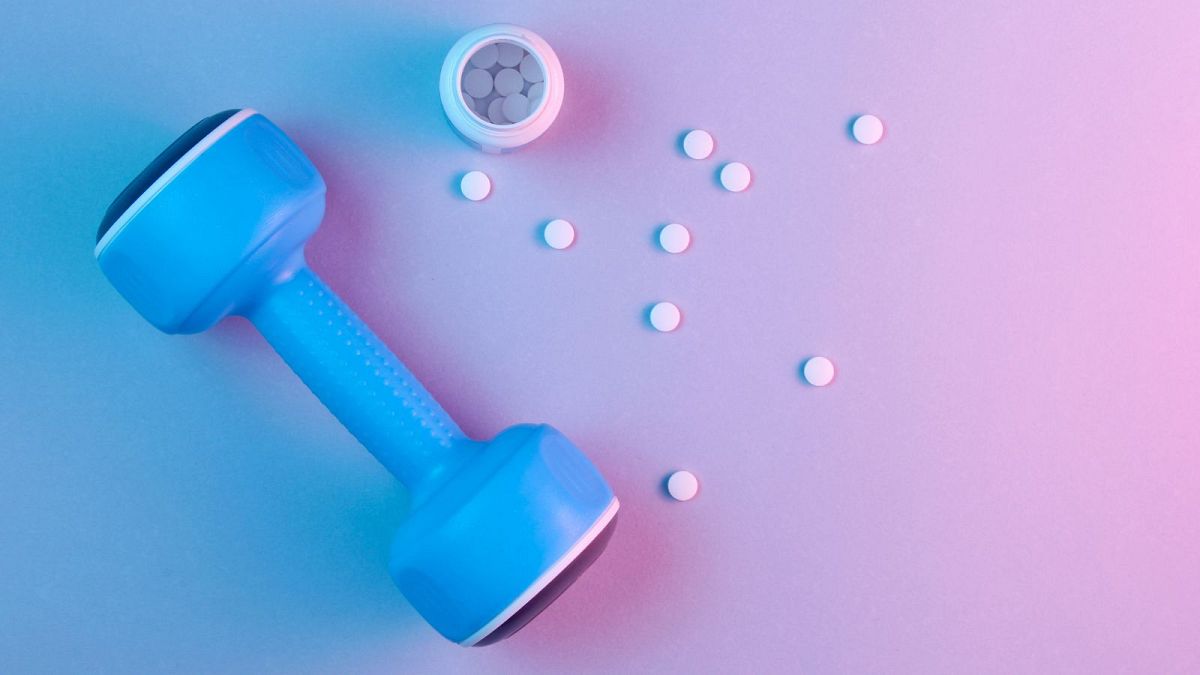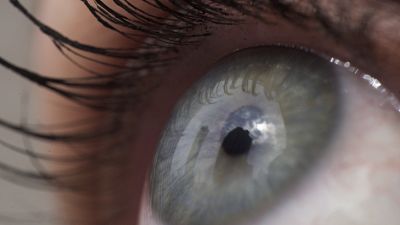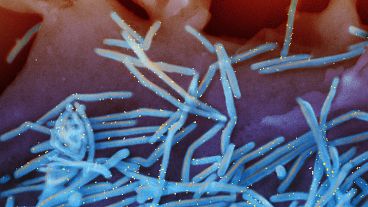The new drug boosted the metabolism and helped muscle gain and weight loss in mice - though it will be years before it will be trialled in humans.
Scientists have successfully tested a new drug that can mimic the benefits of a rigorous workout.
The team from the University of Florida in the US tested the drug on obese mice, managing to boost their metabolism and increase muscle gain and weight loss.
Exercising regularly can have a major positive impact on your health, with proven benefits for people with cardiovascular conditions, diabetes, and certain cancers.
In addition, physical activity has also been linked to a better condition of the brain with lower risks of stress, depression, or dementia according to the UK National Health Service (NHS).
Regarding how much we should exercise, the World Health Organization (WHO) recommends between 2.5 and 5 hours per week of moderately intense activity.
Unfortunately, 25 per cent of adults and 80 per cent of adolescents don’t meet these recommendations.
In order to reap the rewards of physical activity, scientists have for years looked for ways to replicate even just a fraction of these health benefits - and it appears they may have succeeded.
More muscles and fat loss
The team led by Thomas Burris from the University of Florida tested this new drug - a molecule called SLU-PP-332 - for 28 days and published their results in the Journal of Pharmacology and Experimental Therapeutics.
The drug is part of a proposed class of treatments Known as "exercise mimetics" which imitate the physiological adaptations associated with physical activities.
"This compound is basically telling skeletal muscle to make the same changes you see during endurance training," said Burris, a professor of pharmacy.
Scientists observed that the mice in the trial increased their energy expenditure - meaning they burned more calories - without any change of habits.
The mice also accumulated less fat in their bodies and improved their metabolic system.
How does the drug work?
As it undergoes physical exercise, the body needs more oxygen and energy. It’s possible to observe these metabolic changes at a cellular level.
During the trial, researchers focused on estrogen-related receptors (ERRs) which are found inside the cells.
ERRs are found in parts of the body that require a lot of energy, like muscles, the heart, and the liver. ERRs are boosted by physical activity, an effect replicated by SLU-PP-332.
"When you treat mice with the drug, you can see that their whole body metabolism turns to using fatty acids, which is very similar to what people use when they are fasting or exercising," Burris said.
The mice in the trial gained 10 times less fat, losing 12 per cent of their body weight compared to the control group.
"They use more energy just living," Burris added.
If it’s successfully developed, the drug could be a game-changer for people suffering from obesity, diabetes, or just older people who tend to experience a decrease in muscle mass over time.
"This may be able to keep people healthier as they age," said Burris.
While the initial trial findings look promising, additional research is needed, including on side effects, before human trials can begin.



